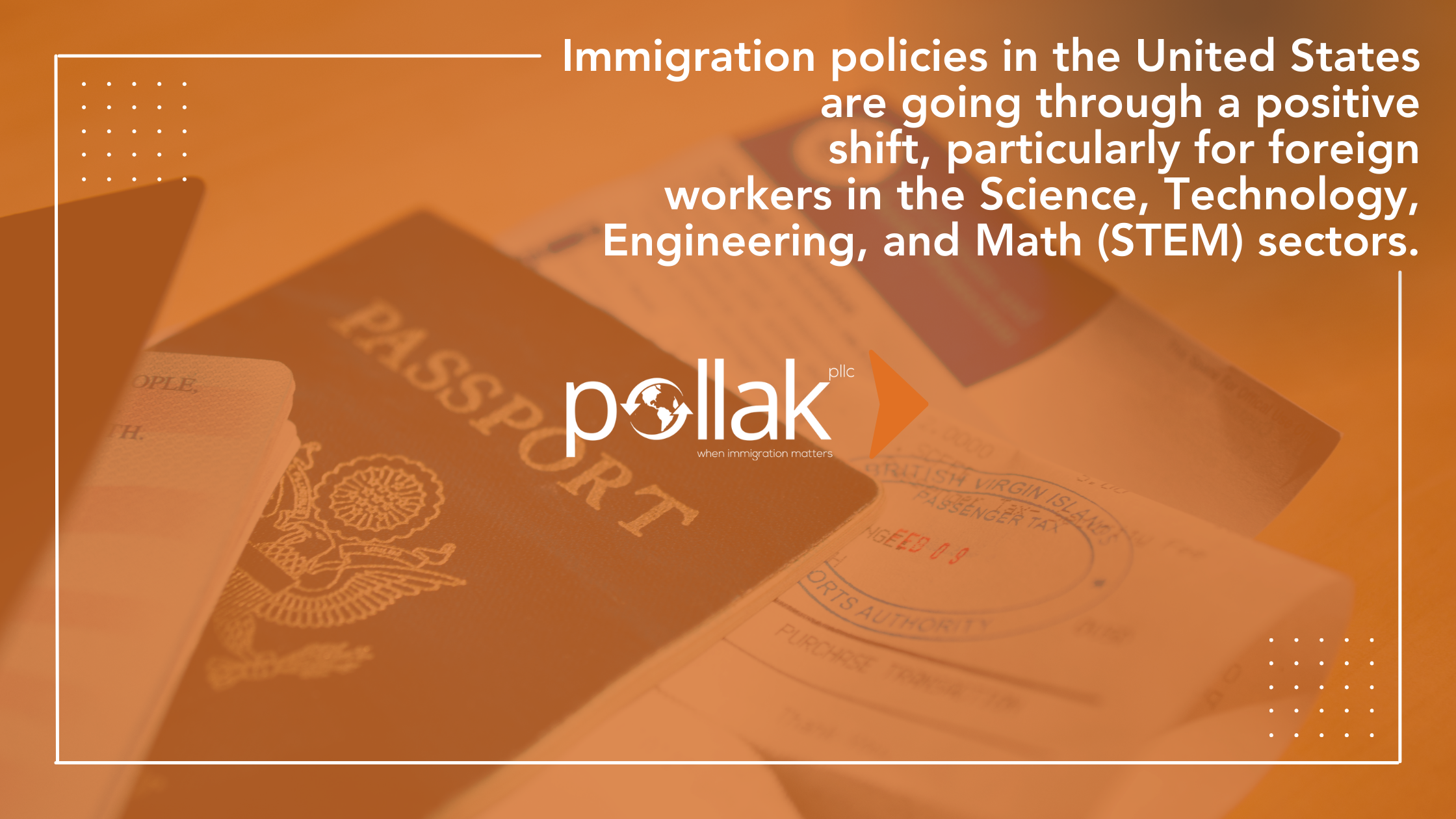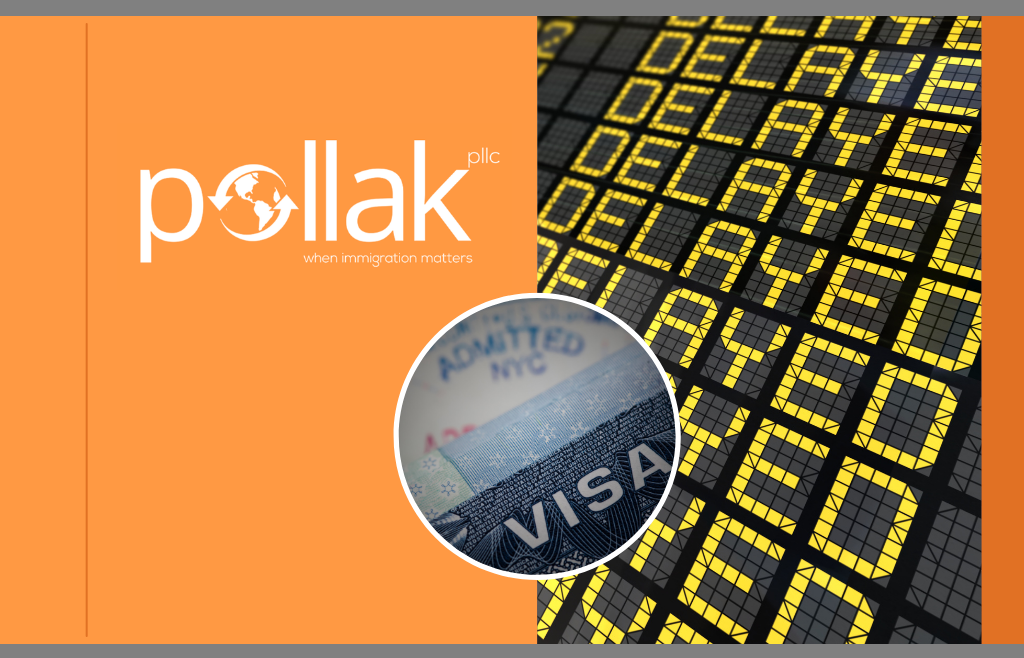 Immigration policies in the United States are going through a positive shift, particularly for foreign workers in the Science, Technology, Engineering, and Math (STEM) sectors. Recent data from U.S. Citizenship and Immigration Services (USCIS) indicates a notable increase in visa and green card approvals for STEM professionals. This encouraging development is largely attributed to revised eligibility criteria for two key visa categories: the O-1 visa and the EB-2 visa with a national interest waiver.
Immigration policies in the United States are going through a positive shift, particularly for foreign workers in the Science, Technology, Engineering, and Math (STEM) sectors. Recent data from U.S. Citizenship and Immigration Services (USCIS) indicates a notable increase in visa and green card approvals for STEM professionals. This encouraging development is largely attributed to revised eligibility criteria for two key visa categories: the O-1 visa and the EB-2 visa with a national interest waiver.
O-1 Visa & EB-2 Visa
The O-1 visa category, designed for individuals who demonstrate extraordinary ability or achievement in their field of expertise, has long been a pathway for exceptionally talented foreign nationals to work in the U.S. Similarly, the EB-2 visa caters to professionals holding advanced degrees or its equivalent and those with exceptional ability in the sciences, arts, or business. The EB-2 visa with a national interest waiver allows certain individuals to bypass the labor certification process if their employment in the U.S. is deemed to be in the national interest.
Retaining Global Talent
The USCIS has made amendments to the eligibility criteria for these visa categories, making it more accessible for STEM workers to qualify. These changes are part of broader efforts to attract and retain top talent in fields critical to the competitiveness and innovation of the U.S. economy. By easing the path for STEM professionals to contribute their skills and knowledge, the U.S. is reinforcing its position as a global leader in technology, research, and development.
This trend is not only beneficial for the individuals and their families who gain the opportunity to live and work in the U.S. but also for the American workforce and the broader economy. The infusion of skilled STEM professionals into the U.S. labor market drives innovation, fills critical gaps in the workforce, and supports the development of cutting-edge technologies and scientific advancements.
Moreover, these updated immigration rules reflect a recognition of the essential role that foreign STEM workers play in propelling industries forward and maintaining the U.S.'s edge in an increasingly competitive global landscape. By facilitating more visa approvals for these critical workers, the U.S. is ensuring that it remains an attractive destination for the world's best and brightest in STEM fields.
Pathway to Residency
For foreign nationals within the STEM industries, these policy changes offer a timely and significant opportunity to advance their careers within the U.S. The recent modifications in visa eligibility criteria underscore the dynamic nature of immigration policies and their responsiveness to global employment trends and market needs.
If you are a STEM professional looking to explore your visa options under the updated rules, we invite you to reach out to us. Schedule a consultation with Pollak PLLC today, and let us help you navigate your pathway to working and living in the U.S. With our combined experience and support, you can take full advantage of ongoing policy changes that will launch your career forward.


-4.png)

